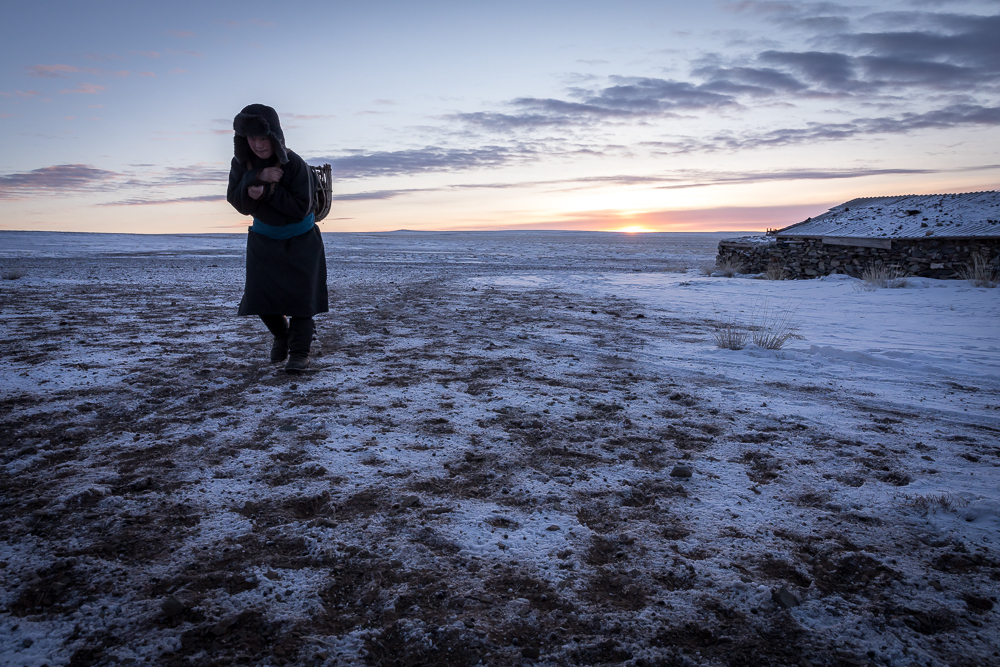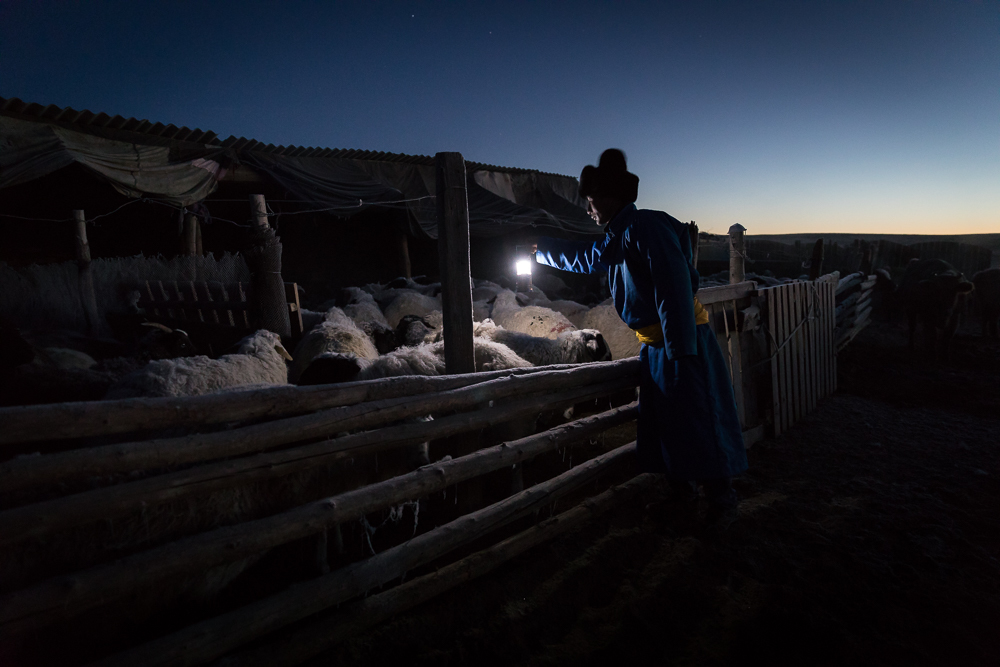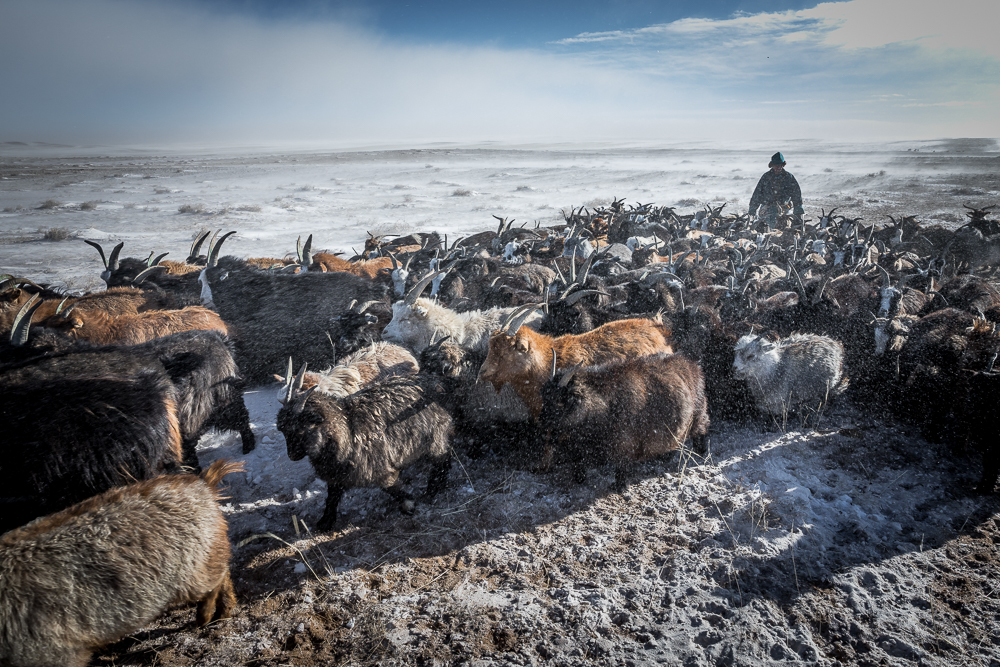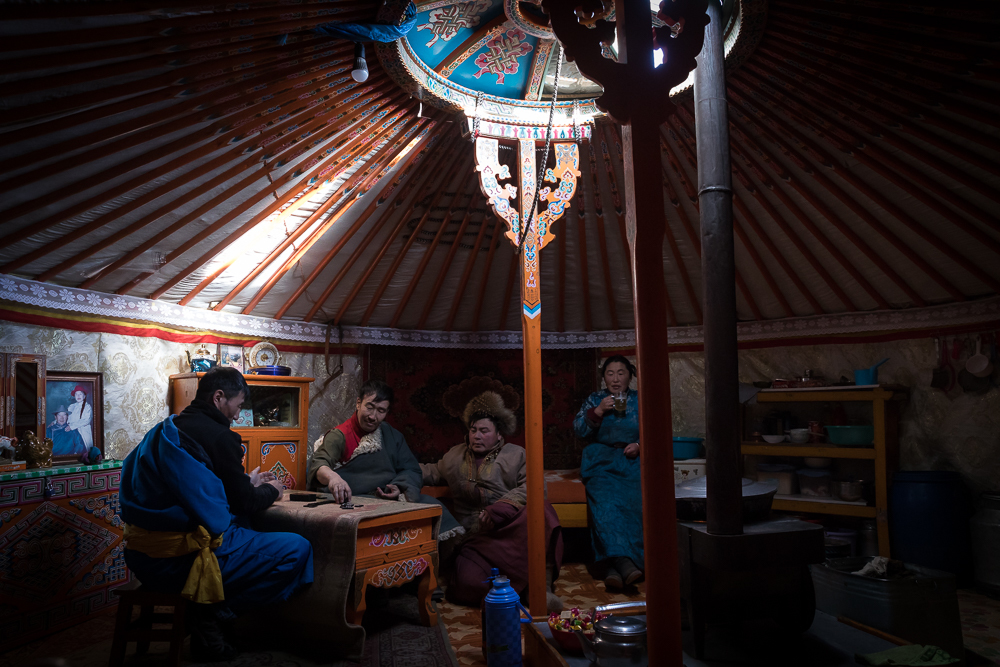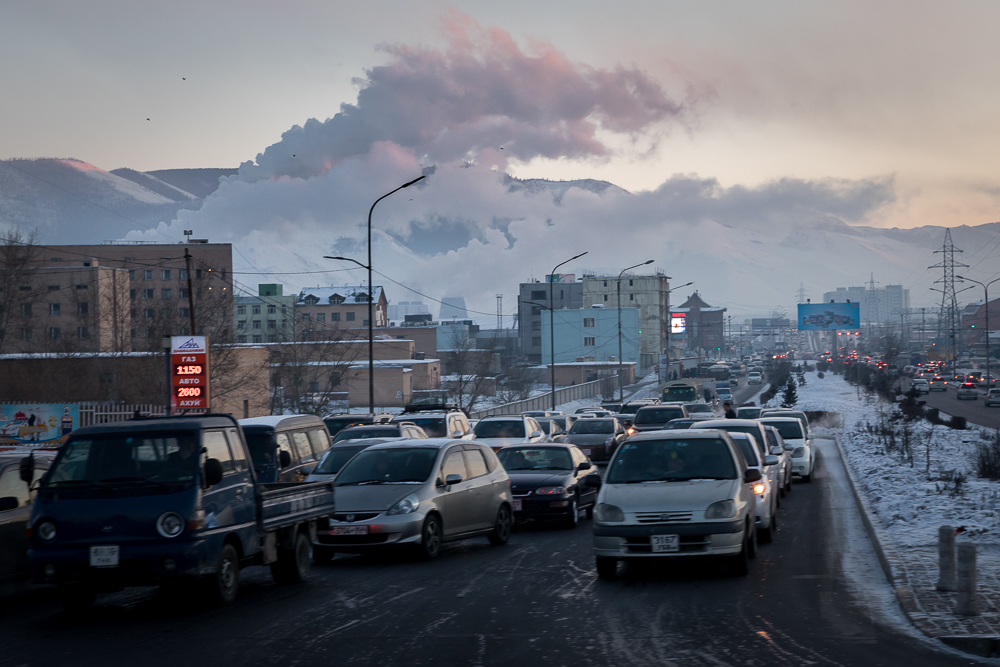Mongolian Steppe: Leave or Stay
-
PhotographerYan Li, United States
-
Website
-
Instagram
The Mongolian steppe has one of the world’s last surviving nomadic
cultures, but now the fate of its nomadic culture is facing uncertainty.
The dzud climate phenomenon, which creates unusual harsh winters
following summer droughts, has made life difficult on the steppe.
Since communism ended in 1990, herders have to deal with each dzud
without government support. Many herders suffering massive loss of
livestock are forced to migrate to the capital, Ulaanbaatar to find jobs.
Urbanization also attracts people to seek better schooling, higher
wage and modern conveniences in cities. Such an extraordinary scale
of migration poses infrastructure challenges for municipality. Due to
excessive coal burning, Ulaanbaatar becomes one of the most polluted
cities in the world. Meanwhile, nomads remaining on the steppe are
facing a choice that will shape the future of their country: withstand
new threats on the steppe, or give up herding in search of new
opportunities.
Yan Li is a documentary photographer whose work explores the fragility and richness of human experience. With a focus on long-term, narrative-driven projects, he aims to capture fleeting moments, reveal personal stories, and preserve the intangible heritage of cultures facing rapid transformation. His photographs often center on communities at the margins — workers, elders, artisans — whose lives echo broader human truths. Yan's commitment to visual storytelling has earned him international recognition, including awards from the Sony WPA, TPOTY, IPA, and Px3.
Awards - Winner, Travel Category, Sony World Photography Awards (Open Competition), 2024
- 4th Place (Commended), Travel Photographer of the Year (TPOTY), 2024
- 1st Place, People and Lifestyle Category, International Photography Awards (IPA), 2017
- 1st Place, Editorial, General News Category, International Photography Awards (IPA), 2017
- 2nd Place, Press, People/Personality Category, Prix de la Photographie, Paris (Px3), 2017
